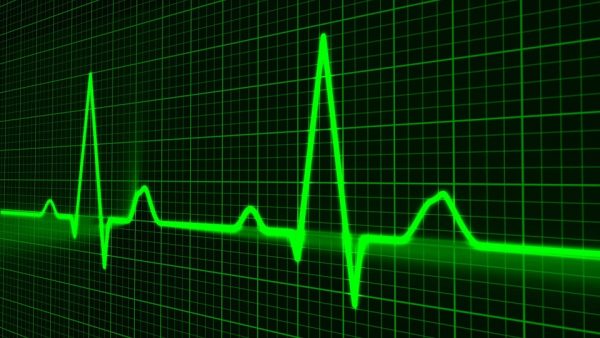The Department of Health and Human Services (HHS) has identified $1.5 billion in spending on seven types of defective heart devices that have been implanted in over 375,991 beneficiaries. Medicare beneficiaries spent $140 million in beneficiary copayments and deductibles for services and procedures associated with these seven devices, which have been either officially recalled or had high failure rates.
Further, these massive expenditures only represent the amount of spending on the initial implantation of the defective devices. HHS identified 72,710 Medicare beneficiaries who received replacement devices due to recalls, necessary upgrades or premature failure of their original device. These replacement devices resulted in 8.2 million replacement-related claims to Medicare, totaling $5.1 billion in Medicare payments and an additional $501 million in beneficiary copayments and deductibles. Although not improper payments, these amounts underscore the significant costs incurred by Medicare and beneficiaries to replace failed or recalled medical devices.
Medical Device Data is Unduly Difficult to Collect
To compile this data HHS was forced to subpoena three device manufacturers for lists of Medicare patients who received the devices and then had to analyze individual medical records for more than 72,000 beneficiaries. These painstaking efforts demonstrate the need for greater ability to track medical devices after implantation. HHS recommended in its memo that CMS should include a specific device identifier number on its claims forms to help track implanted devices. Better tracking would help identify the costs to Medicare for recalled or defective medical devices, help ensure patient safety, and safeguard Medicare trust funds.
Sen. Chuck Grassley, R-Iowa, and Sen. Elizabeth Warren, D-Mass. are also endorsing a proposal to require hospitals and doctors to include a medical device’s tracking code on claims forms. “There’s a physical cost and a financial cost to patients when medical devices fail, and a big expense to taxpayers as well. It makes sense to track medical devices on claims forms so flawed devices can be taken out of use and patients and taxpayers can be better protected,” Grassley said in a statement.
Defective Devices on the Rise
The problem of medical device recalls has increased in recent years. According to the U.S. Food and Drug Administration (FDA), recalls of medical devices nearly doubled from 2003 through 2012. Independent studies have also shown that failed devices of all types have likely cost Medicare billions of dollars during these years because of monitoring, hospitalization, surgeries, imaging, post-acute care, physician services, and other costs. Furthermore, beneficiaries adversely affected by defective devices may incur adverse health events and unnecessary deductibles and coinsurance costs.






Talk with an Expert
Frohsin Barger & Walthall
Call 205.933.4006 or
Send us a Message